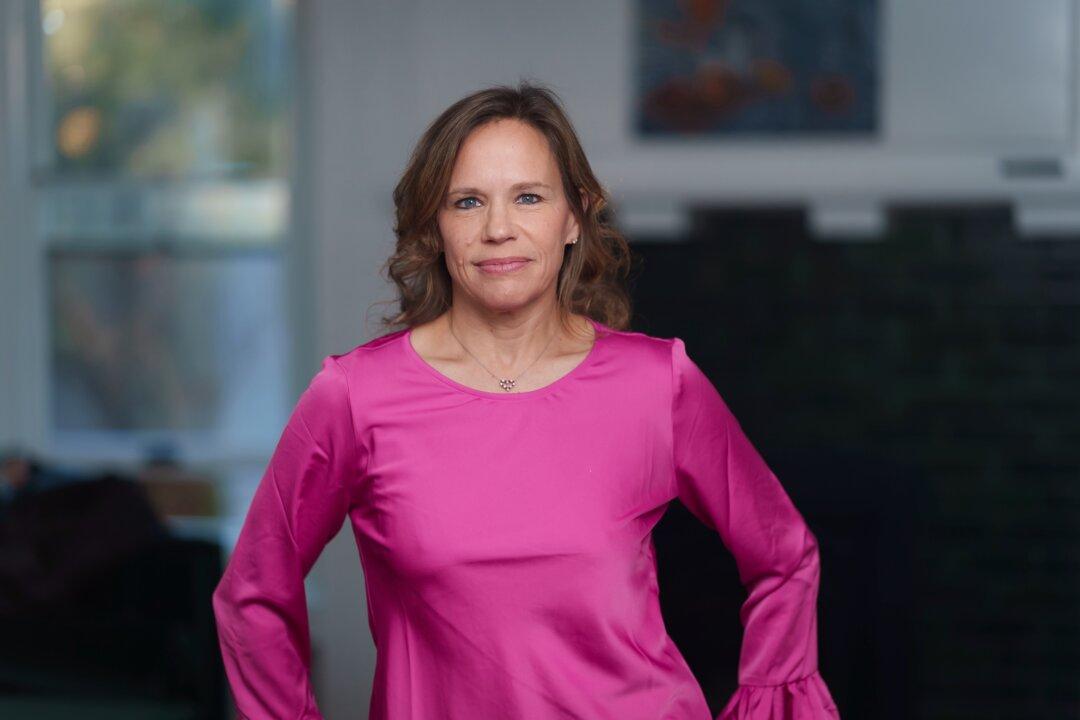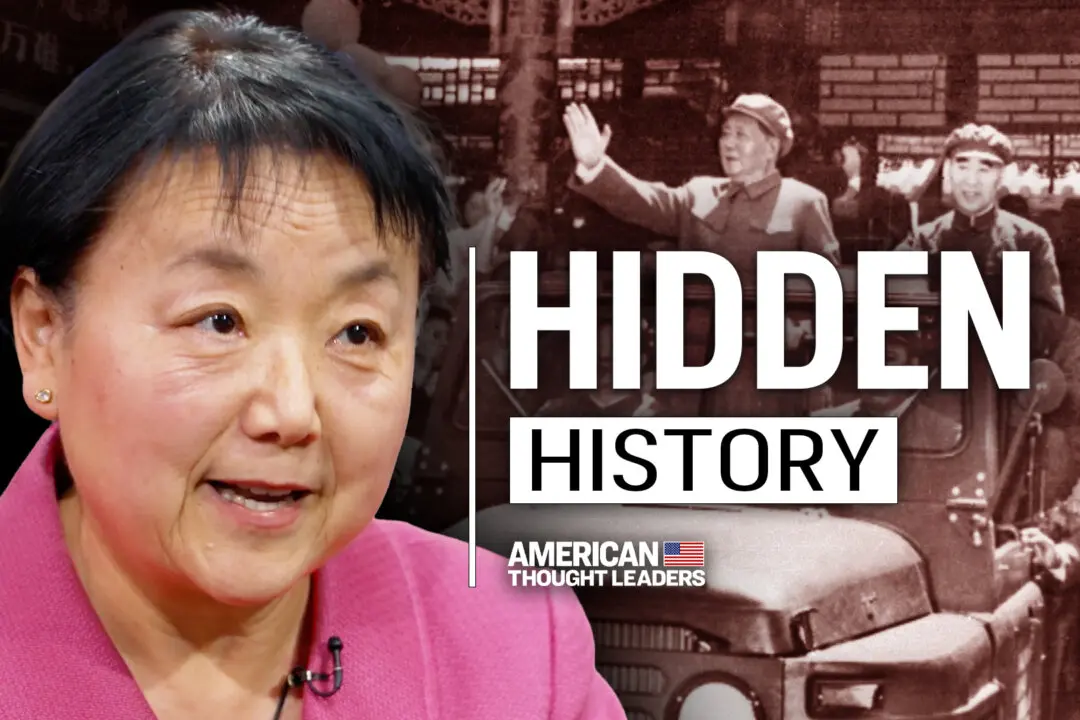“I was a traitor to what has become almost a religion. ... I was a traitor to my class, which maniacally upheld these ideals that COVID restrictions were for the good of the masses, when in fact, they were doing such great harm,” Jennifer Sey says.
In this recent episode of “American Thought Leaders,” host Jan Jekielek sat down with Sey, who was poised to become CEO of Levi Strauss & Co. after working her way up the corporate ladder at the company to Levi’s brand president. Her advocacy against COVID-19 restrictions, especially school closures, changed all that. She’s the author of “Levi’s Unbuttoned: The Woke Mob Took My Job but Gave Me My Voice.”






